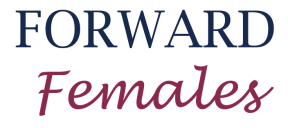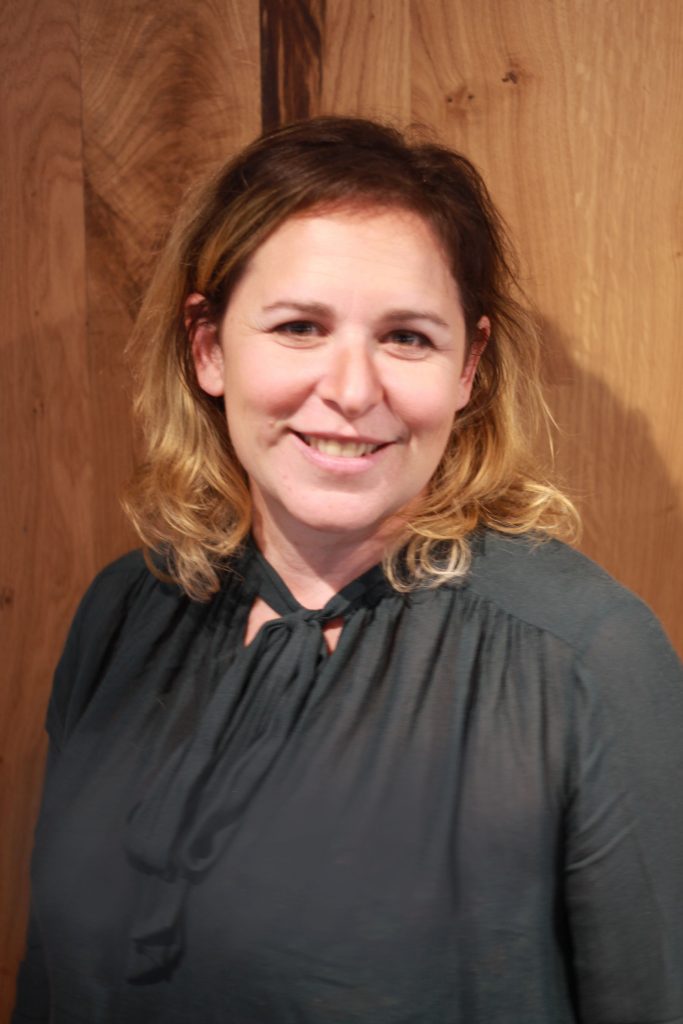
Sarah Nadav is a tech entrepreneur based in Tel-Aviv. In an article that went viral, she shamed venture capitalists who discriminate against women. Now, she is on a mission to create more transparency in the field while also launching her most recent startup, Civilize.
Take me through your career path from the beginning.
I studied behavioral economics and my focus was on the environment – how to get people to recycle, for example. I founded a grassroots organization that brought plastic bottle recycling to Jerusalem. I did my Masters degree in Nonprofit Management. When I changed my career direction to the tech space, I realized I had learned a lot that translated to the for-profit field, such as managing a Board of Directors.
I had a teaching position at Hebrew University and I considered myself a data scientist. I became interested in debt collection and how it worked. I thought the problem was clear: debt is turned into a financial product. Usually if something loses value, like an item of clothing, the price goes down for the consumer each time the product is resold. First it is priced at retail, then goes on sale and then it gets sold to discount retailers, like T.J. Maxx, and the price is even lower. But with debt it is the reverse, the price to buy debt goes down each time it is resold, but the cost for the person in debt goes up because the collection process is very expensive. This makes it harder for people to ever pay back the debt that they owe. I realized this issue needed a market solution – not a nonprofit solution.
My first startup was not a success, but I am now working on my second startup, Civilize. Civilize is a communication platform that bypasses collection agencies. That’s valuable to banks and creditors since they want a direct line of communication with people in debt. This has global implications because we don’t give any financial advice. As the name states, we’re trying to make the collection of debt a more civilized process.
I’m now part of Barclays Techstars Fintech Accelerator, which is a prestigious program designed to help entrepreneurs grow their businesses.
How did you get funding? What was the process?
Because I came from the nonprofit sector, fundraising was something I was very comfortable with. I did have a lot of problems though because the industry is incredibly sexist. Getting funding was a huge challenge because people loved my work, but couldn’t see me in the position of CEO since I was a woman. I created my startup before Lean In was written and before there was widespread awareness about the issues women in tech are facing. I felt very alone. It was much harder for me to raise money than it would have been for a man with the same company. I’m trying again and I think the timing is better now.
Your article for Medium went viral. What instigated you to write this and publicly air your frustration with sexism in the field?
I wrote this on a whim. I was just venting. I had already been accepted to the Barclays Accelerator. In addition to founding a startup, I was fighting sexism. I identify with women who really broke through the glass ceiling like Ruth Bader Ginsburg. These women were willing to speak out and push buttons. I wanted to be vocal about the struggles and limitations that I felt as a woman in tech.
How did you feel about the article going viral?
I was not prepared. It was incredibly shocking and overwhelming. I got an incredible global response – there were women from India, Nigeria, Silicon Valley, New York, and Europe who reached out to me. I never anticipated that. I thought the only thing that would happen as a result of the article was that this guy [a deal flow Manager for a major VC firm] would see I took screenshots of our conversation and he would get mad at me.
Did he?
Yes, but there’s nothing he can do about it.
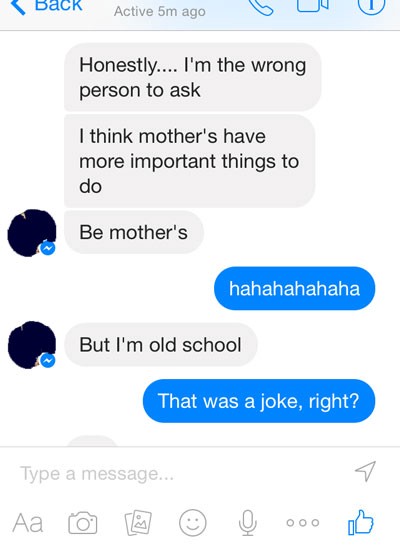
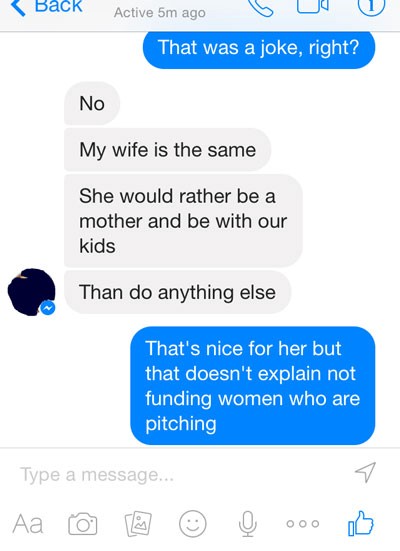
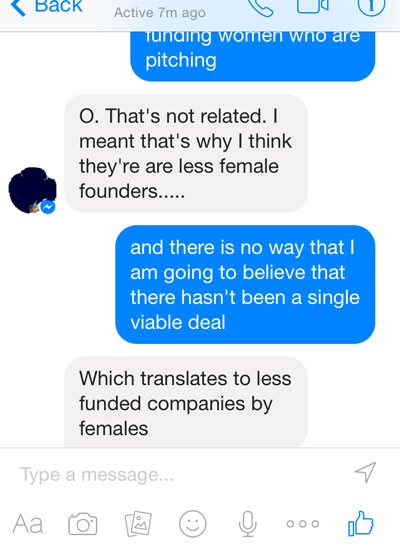
Besides for him, did you experience any backlash?
I don’t feel any backlash in terms of consequences for my actions. The people that I angered are the worst perpetrators of the problem. I don’t have the time or patience for people who don’t want to fund women. I want them to not want to talk to me because I’d like to weed them out.
It’s impossible for white men in positions of power to face themselves when it comes to issues of sexism and racism. Because then they’d have to question whether their success is only due to the game being rigged in their favor. These successful men are not in positions of power because they’re the smartest or most qualified; it’s because they’re privileged and others got shut out. They can’t handle that.
The only negative response I got was from white guys who wanted to tell me that these problems don’t exist because they’ve only experienced complete equality.
So you’ve become known for championing equal rights for women. Where do you go from here?
I am deep into this Barclays Accelerator and working on my new startup. On the one hand, I want to be active in spearheading women’s rights. On the other hand, I think the best way to do that is to succeed in my work.
I’m done with the women helping women in tech movement. I think we need to change the conversation. I used to be part of these mentorship programs where I helped women pitch better and present themselves with more confidence, etc. But I want to be more involved in helping men because they are the problem. I don’t know how to do that but the movement has to switch from women supporting other women to women shifting the mindset of men. I don’t want any more victim-blaming. Women don’t need to get better and prove themselves. Men need to prove themselves.
I want to be involved and active in ways that hold men accountable. I want more transparency. If a fund is exclusively putting money toward young white men, I want that fund to be called the Young White Men Fund.
I also think there are a lot of women who have a lot of money and don’t cut checks. Even women who grew up with the feminist movement are not funding women-led startups.
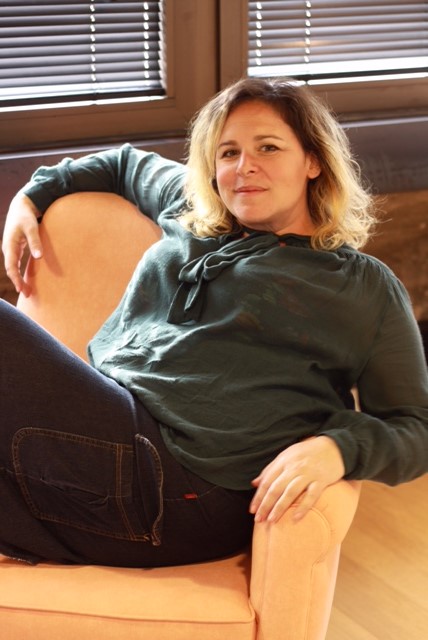

What is your relationship like with other women in the industry?
I am part of a sisterhood of women where we are all in this together. Getting startup funding is not an either/or. It’s not as if either someone will fund my company or her’s. Women are constantly helping each other, boosting each other, making important introductions, writing about each other in the press, and warning each other about men who are sexist.
What has been your greatest career mistake?
There are so many of them! It’s true that with a startup you fail often, fast and hard.
My first cofounder was my biggest mistake. He was incredibly talented, but he wasn’t fully committed. Ultimately, it was up to me to fundraise. He was the hoodie-wearing tech guy that people want to fund. If he had been the one hustling and asking for money, we would have gotten the funding we needed.
I’ve learned from that mistake. Now, with my second startup I’m investing in teambuilding and creating a company culture of deep commitment.
What are you most proud of?
I am very proud that I got invited to the World Economic Forum.
Knowing what I know now, I’m proud that when I first started pitching my startup that I did succeed in getting investment. At the time, women only got 2.7% of all VC investment. 97.3% of all investment went to male CEOs.
I’m also really proud that I never gave up.
When citing that statistic, shouldn’t we take into consideration the percentage of startups that are founded by men?
No. Women found 40% of all businesses. So many smart and competent women can’t get funded. And there’s a cycle – if women get shut out of getting funding to begin with, they can’t become successful and they can’t become investors. Women investors are three times more likely to fund women-led startups than men. Women can pitch the same company with the exact same presentation materials and get funded 40% less than a man presenting the identical thing.
Despite these odds, I did succeed in getting funding.
What life experience has had the greatest impact on you?
I have two sons who are 9 and 11. When I was pregnant with my youngest I had a two year old. At that time, my husband was diagnosed with a brain tumor. That experience got us into debt, which led to my interest in the debt market. It pushed me to have a career when I had never been ambitious. I suddenly had to support our family and I decided it was time to get ambitious. I wanted to provide the best life possible for our kids. It transformed everything in my life.
Who inspires you?
Brené Brown, Ruth Bader Ginsberg and Dorothy Parker.
What do you want your legacy to be?
I want my legacy to be having a really disruptive impact on financial markets. I want to be a woman who has pushed the envelope in the finance world.
